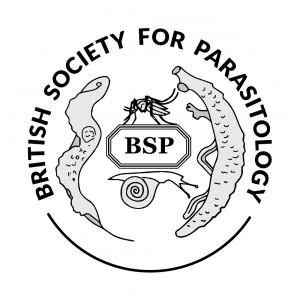News
Parasitology Research: collection call for submissions "Women at the Forefront of Parasitology Research"
This collection aims to promote the work of women scientists across all fields of parasitology. Please note to be considered for this collection, the first or last author must be a researcher who identifies as a woman.
The scope of the collection aligns with that of the journal Parasitology Research. We will cover the latest developments in parasitology across a variety of disciplines, including biology, medicine, and veterinary medicine.
Original research, review articles, and short communication articles are welcome.
Guest Editors: prof. Shokoofeh Shamsi, Prof. Julia Walochnik, Prof. Una Ryan
Please feel free to reach out directly to the Publisher or Lead Guest Editor with any questions.
sena.evren@springernature.com (Publisher) or sshamsi@csu.edu.au (Lead Guest Editor, Prof. Shokoofeh Shamsi)
Submission deadline: 31 December 2025
Join your BSP Council!

The Council of the British Society for Parasitology seeks new members due to current members reaching the end of their term. Applicants from all career stages of our community are welcomed. We are a diverse and multicultural society, dedicated to inclusion and seek a council whose composition represents our membership. As such, we particularly welcome applications from those sections of our membership that are currently under-represented on council.
Please contact the Honorary General Secretary Martin Llewellyn hongensec@bsp.uk.net if you are interested in applying.